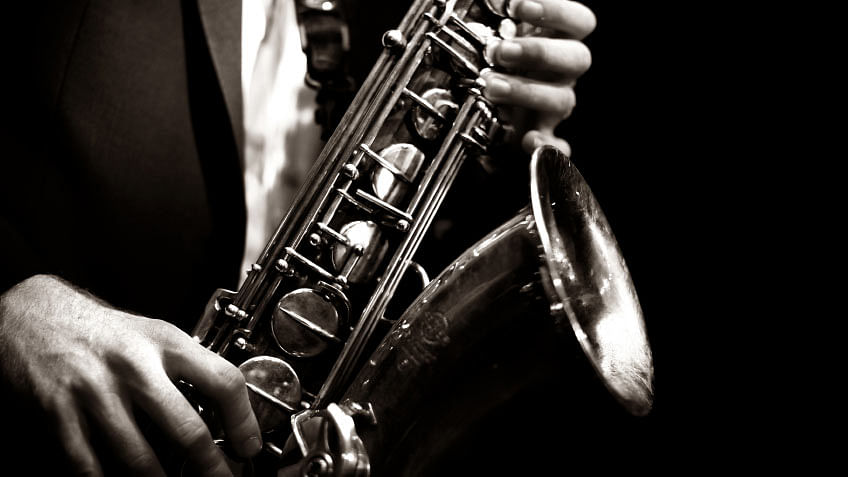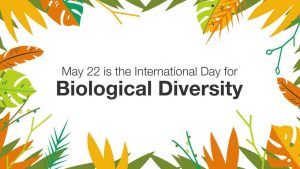 May 22 is celebrated as International Day for Biological Diversity to increase understanding and awareness of biodiversity issues. The day also marks the entry into force of the Convention on Biological Diversity.
May 22 is celebrated as International Day for Biological Diversity to increase understanding and awareness of biodiversity issues. The day also marks the entry into force of the Convention on Biological Diversity.
The United Nations General Assembly took this decision in December 2000. The day is celebrated every year with different themes to create awareness about the importance of biodiversity. This year’s theme is “We’re part of the solution”.
What is the International Day for Biological Diversity?
The International Day for Biological Diversity is an annual event that celebrates the importance of biodiversity. It is held on May 22nd each year.
The day was first established by the United Nations in 1993. The goal of the day is to raise awareness about the importance of biodiversity and the need to protect it.
Biodiversity is essential for the survival of all life on Earth. It helps to provide food, water, and other resources that we need to live. Biodiversity also helps to regulate the Earth’s climate and provides a home for millions of species of plants and animals.
The International Day for Biological Diversity is a chance to learn about the importance of biodiversity and what we can do to protect it.
The Different Types of Biological Diversity
There are many different types of biological diversity. Some of the most important types are:
1. Genetic diversity. This is the diversity of genes within a species. It is important because it helps a species to adapt to changing conditions.
2. Species diversity. This is the diversity of different species in an ecosystem. It is important because it helps to maintain the balance of an ecosystem.
3. Ecosystem diversity. This is the diversity of different ecosystems on Earth. It is important because it helps to maintain the planet’s overall biodiversity.
4. Landscape diversity. This is the diversity of different landscapes on Earth. It is important because it helps to provide habitats for different species of plants and animals.
5. Human cultural diversity. This is the diversity of cultures within humanity. It is important because it helps us to understand and appreciate the variety of ways that people live around the world.
International Day for Biological Diversity 2022: Theme
Building a shared future for all life
The Secretariat of the Convention on Biological Diversity (CBD) is pleased to announce the Biodiversity Day 2022 slogan: “Building a shared future for all life”.
The slogan was chosen to continue building momentum and support for the post-2020 global biodiversity framework to be adopted at the upcoming UN Biodiversity Conference (COP15).

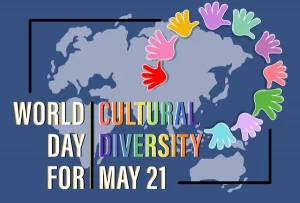

 Global awareness raising event
Global awareness raising event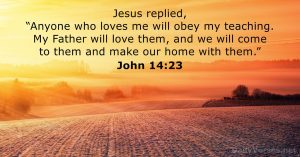 “Anyone who loves me… my Father will love them,
“Anyone who loves me… my Father will love them, 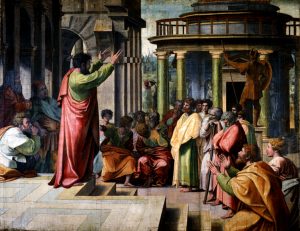
 This 4th Easter Sunday is known as Good Shepherd Sunday as it focuses on Jesus, the Risen Lord, as our Shepherd.
This 4th Easter Sunday is known as Good Shepherd Sunday as it focuses on Jesus, the Risen Lord, as our Shepherd.
 World Press Freedom Day is also known as World Press Day. May 3 was announced as International Press Day in 1993 by the UN General Assembly upon recommendation of UNESCO’s General Conference to spread awareness about the importance of Freedom of the Press in functioning, information providing, its significance and to awaken the government of its duty to uphold and respect the right to freedom of expression. This day also pays homage to journalists who have lost their lives. This year, it is hosted in Uruguay.
World Press Freedom Day is also known as World Press Day. May 3 was announced as International Press Day in 1993 by the UN General Assembly upon recommendation of UNESCO’s General Conference to spread awareness about the importance of Freedom of the Press in functioning, information providing, its significance and to awaken the government of its duty to uphold and respect the right to freedom of expression. This day also pays homage to journalists who have lost their lives. This year, it is hosted in Uruguay.